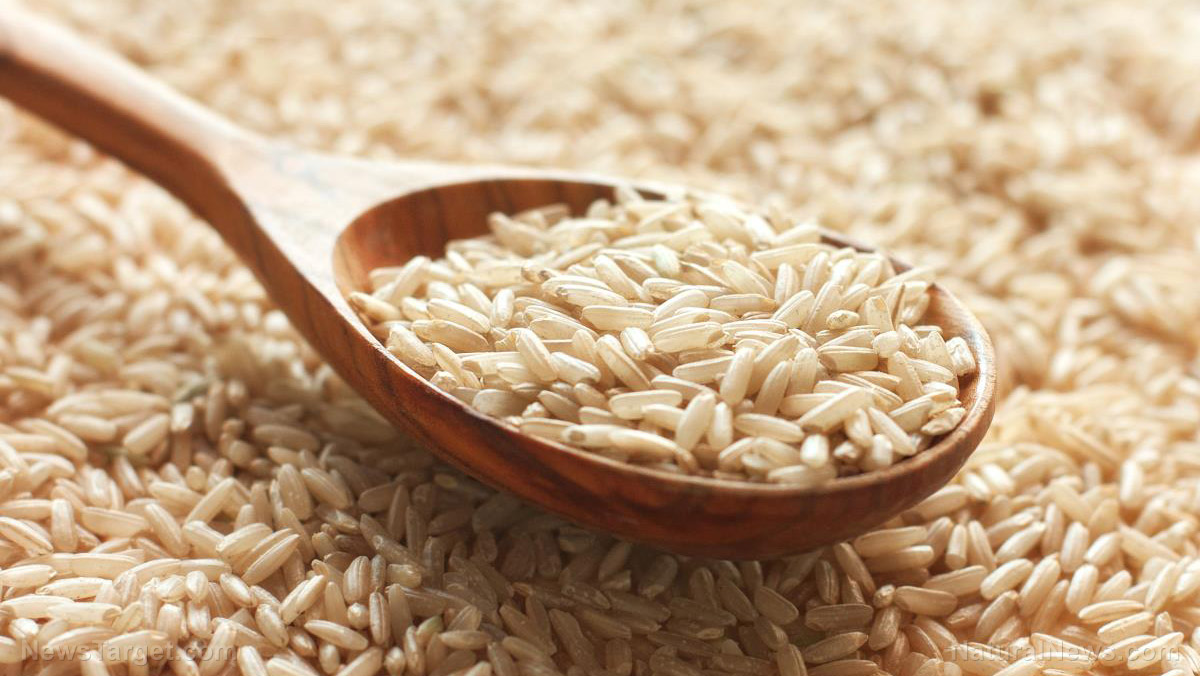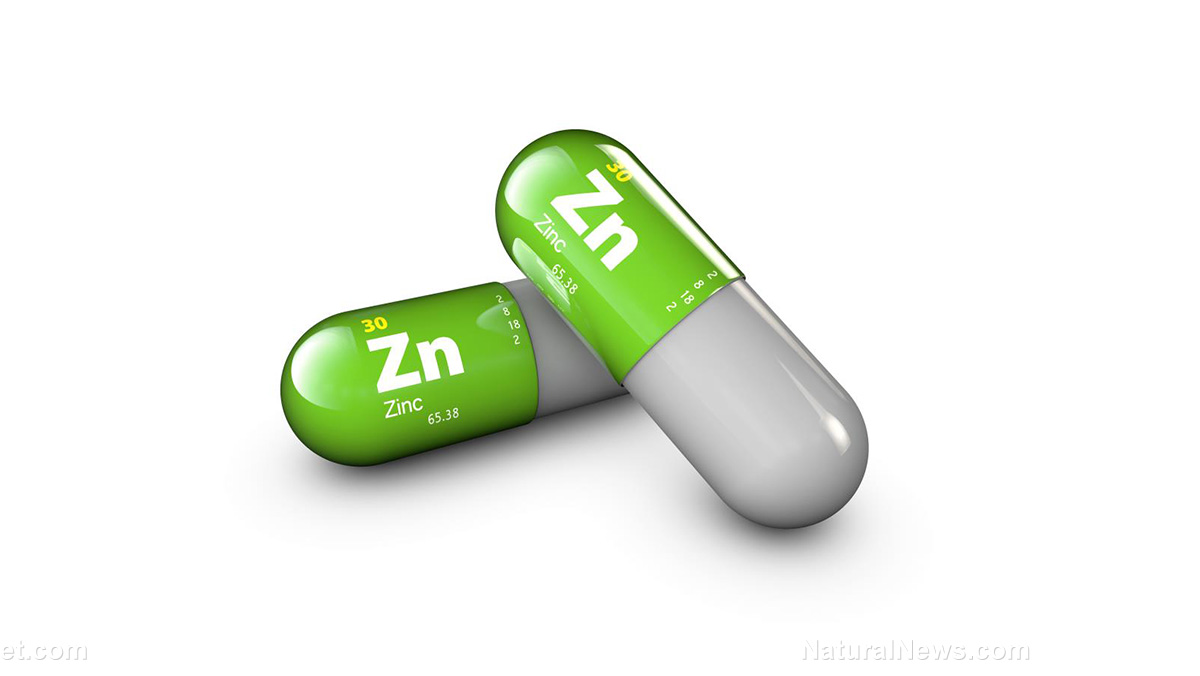02/27/2018 / By Michelle Simmons
Vitamin B3 derivative called nicotinamide riboside may protect against neurological damage and enhance both cognitive and physical function, a study published in the journal Proceedings of the National Academy of Sciences (PNAS) showed. The study focused on the effect of nicotinamide riboside on Alzheimer’s-related brain damage in mouse models.
Nicotinamide riboside is naturally found in small amounts of milk and other foods. Moreover it is a more powerful, no-flush form of vitamin B3. The normal DNA repair activity of the brains of people who suffer from Alzheimer’s disease is impaired, which results in mitochondrial dysfunction, reduced neuron production, and increased neuronal dysfunction and inflammation.
In conducting the study, researchers at the National Institute on Aging (NIA) at the U.S. National Institutes of Health added the vitamin B3 derivative into the diet of mice with Alzheimer’s disease for three months.
The findings of the study revealed that the supplementation resulted in a decrease in tangles in the brains of the mice, higher neuroplasticity, fewer DNA impairment, increased production of new nerve cells from neuronal stem cells, and lower levels of neuronal damage and death in comparison to those mice that were not supplemented with nicotinamide riboside.
They also reported that in the hippocampus, which is the part of the brain that usually gets impaired in people with dementia, nicotinamide riboside caused either clear existing DNA damage or stopped it from spreading further. (Related: B vitamins proven to slow progression of dementia, Alzheimer’s)
“We are encouraged by these findings that see an effect in this Alzheimer’s disease model,” said Vilhelm Bohr, the senior investigator of the study. “We are looking forward to further testing of how NR or similar compounds might be pursued for their possible therapeutic benefit for people with dementia.”
The researchers plan to conduct further studies on the underlying mechanisms and preparations towards intervention in humans.
Foods that reduce the risk of developing Alzheimer’s disease
Alzheimer’s disease, the most common form of dementia, affected approximately 5.5 million people in the U.S. in 2017. It is characterized by the building up of two types of protein in the brain – tangles and plaques. There is no cure for Alzheimer’s disease, therefore, preventive methods for the disease is important. Here are several foods that help lower the risk of developing Alzheimer’s disease or slow down its progression.
- Walnuts – Walnuts are packed with omega-3 fatty acids, which are good for the brain. A study from the New York State Institute for Basic Research in Developmental Disabilities discovered that mice fed with a diet that contains walnuts displayed improvement in memory and motor coordination. Moreover, walnuts have vitamin E and flavonoids that can help protect the brain.
- Salmon – Salmon and other fish that are rich in omega-3s can reduce blood levels of beta-amyloid, a protein believed to contribute to the development of Alzheimer’s. The more omega-3 fatty acids a person consumes, the lower their blood beta-amyloid levels, according to a study by Columbia University.
- Berries – Berries possess polyphenols, a type of antioxidant that helps prevent inflammation and enables brain cells to work better. A study by Tufts University found that berries can improve the brain’s ability to process information.
- Spinach – Leafy green vegetables like spinach are rich in antioxidants and fiber. Women in their 60s who ate more leafy vegetables over time performed better on memory, verbal, and other tests compared to those who did not eat leafy greens.
- Turmeric – Studies suggest that turmeric and its primary active component curcumin can help prevent Alzheimer’s.
If you’d like to read more news stories and studies on Alzheimer’s, you may visit Alzheimers.news.
Sources include:
NutraIngredients-USA.com
Alz.org
HuffingtonPost.com



















